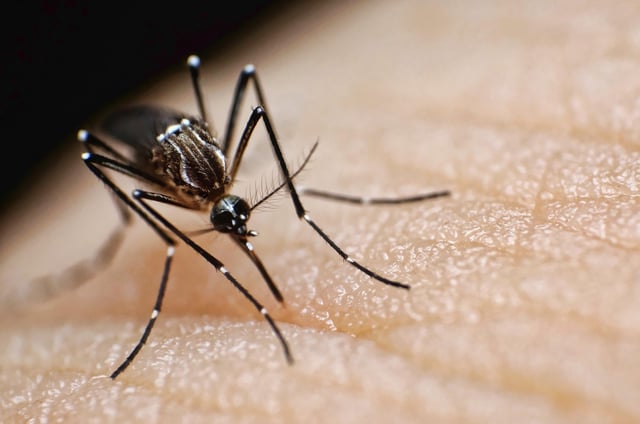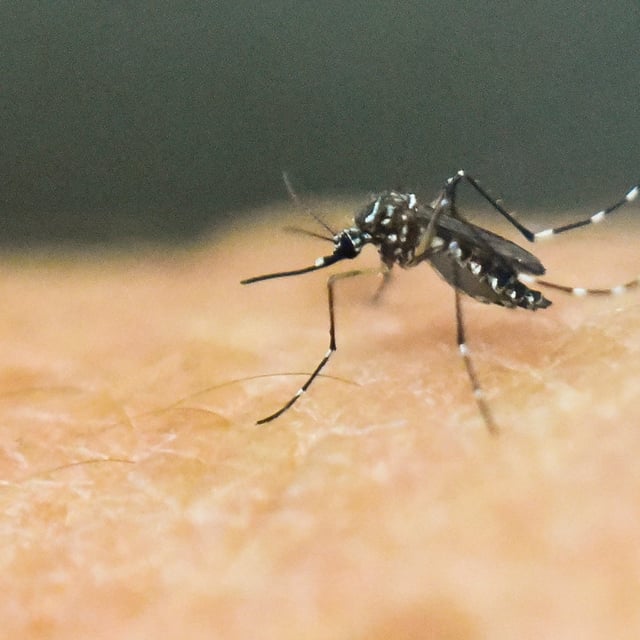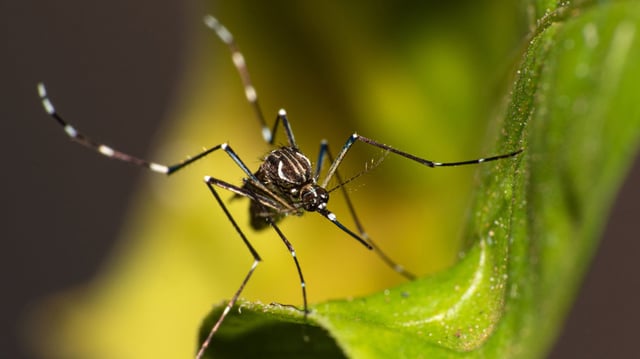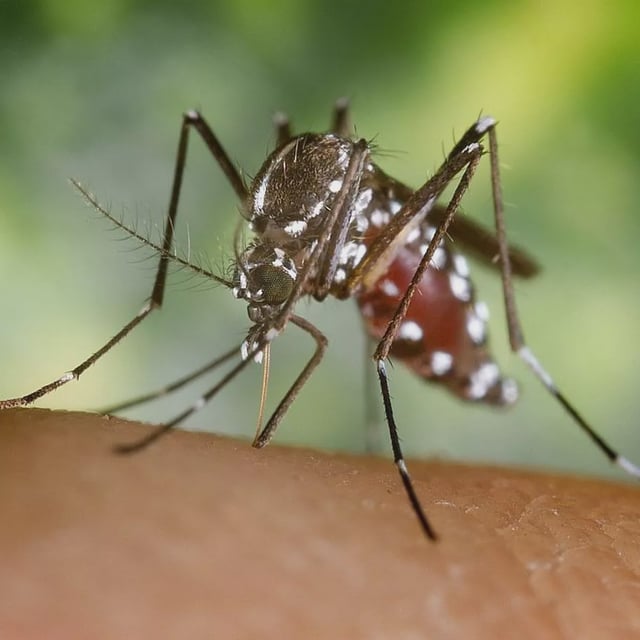Overview
- Peer‑reviewed UKHSA research published in PLOS Global Public Health details Ae. aegypti eggs found near Heathrow in September 2023 and Ae. albopictus eggs at a Kent motorway service station in August 2024.
- Each detection led to rapid local surveillance and control, and no further specimens were found, leading investigators to treat them as isolated incursions.
- UKHSA ran ovitrap networks from 2020 to 2025 at seaports, airports and highway hubs across England, Wales and Northern Ireland, with traps checked fortnightly and specimens verified by morphological and molecular methods.
- Aedes albopictus is already established in parts of southern and central Europe, and experts say warming temperatures and milder winters increase the likelihood of future northward introductions.
- Officials continue targeted monitoring and citizen reporting schemes, stating current public‑health risk in the UK is low but ongoing vigilance and rapid response remain essential.



